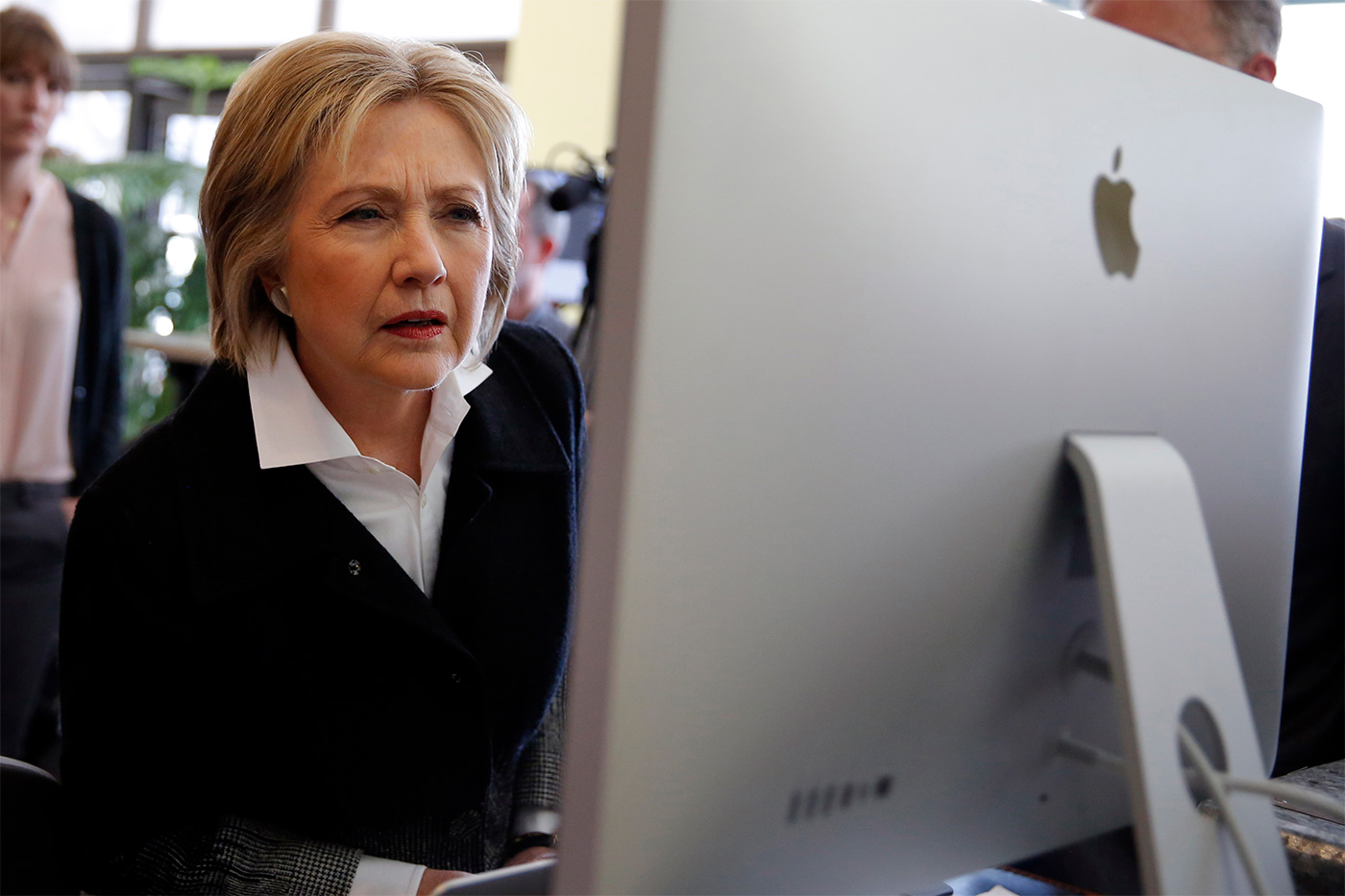Cyber-Hysteria in Russia–U.S. Relations
(no votes) |
(0 votes) |
Geneva School of Diplomacy and International Relations, RIAC Expert
We are now less than a month away from the most important (and frightening) day of 2016 for the American people. Hillary Clinton and Donald Trump are fighting it out for political points, more than ever in the wake of the first televised debate, in which the Democratic Party’s presidential nominee looked far more composed and answered the questions put to her in a more balanced manner than her eccentric Republican opponent. It remains to be seen, however, whether or not Trump took revenge in the second televised debate, during which he threatened to sue Clinton and even send her to prison should he be elected President of the United States. What is clear is that the whole spectacle looks more like a tabloid talk show than a serious conversation between two politicians. What is more, Trump is on shaky ground following the leaks in the press about his deplorable treatment of women, which has resulted in 30 senators withdrawing their support for him.

REUTERS/Carlos Barria
Regardless of who came out on top in the debates, in the heat of the election campaign, Russia has once again become a bargaining chip for the presidential candidates. Washington has threatened Moscow with fresh sanctions, this time accusing Russia of hacking the Democratic National Committee’s (DNC) computer networks in various states. It should be noted that when it comes to cybersecurity, Clinton has proved far more knowledgeable than her opponent, who often simply makes unfounded claims and assertions. Clinton has already accused the Kremlin of sanctioning the theft of over 19,000 DNC emails by of a group of Russian hackers. But it was not until recently that outgoing President Barack Obama made an official statement claiming that Moscow was behind the leaks. The Presidential Administration of Russia responded with the usual succinct rebuttal, pointing once again to the “anti-Russian sentiment in the United States.”
It is difficult to say for certain whether or not Moscow did indeed have a hand in hacking the DNC accounts. But it would also be folly to suggest that the Kremlin has no interest in the upcoming November elections. Over the past six months, leading media outlets in Russia and abroad have devoted more time than usual to the scandals in U.S.–Russia relations and the recent hacker attacks. The Cozy Bear and Fancy Bear hacker groups, which the United States accuses of having ties with the Federal Security Service and the Main Intelligence Directorate of the Russian Federation, have received particular attention. However, just who is to blame, for what and where is almost impossible to determine. The problem is that decoding the keys used to perform the hacks and attributing them to a particular individual or group is a time-consuming process, and specially created expert and professional groups need to be set up in order to do so. It might be a good idea for Moscow, or even Washington, to do just this, in order to dispel the rumours and speculation once and for all – assuming, of course, that the results of such an investigation do not reveal Russian participation in the hacks. The Kremlin could find itself in a most uncomfortable position if this turns out to be the case.
The situation is becoming more and more unpleasant for bilateral relations between Russia and the United States, and the atmosphere is becoming ever more reminiscent of the Cold War period. In a joint statement, the Department of Homeland Security and the Office of the Director of National Intelligence on Election Security wrote in black and white that the Russian government “directed the recent compromises” of the DNC accounts.
If the United States does impose further sanctions on Russia following the publication of the joint statement, then cyberspace will become a real part of “big politics” in inter-state relations. After all, the governments of Israel, China, and indeed Russia, have been suspected of being involved in cyber-attacks in the past, yet real punitive measures have never been taken. What form would such sanctions take? What restrictions could be imposed on a country whose government is accused of sanctioning cyber-attacks against the computer networks of a political party from another country? In what area could they be imposed? And how would it be justified in terms of international law? We are staring into the abyss of how to regulate international relations with the bottom nowhere to be found.
(no votes) |
(0 votes) |




